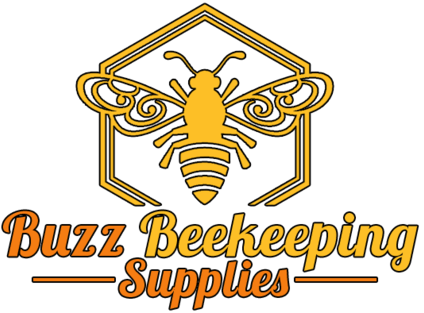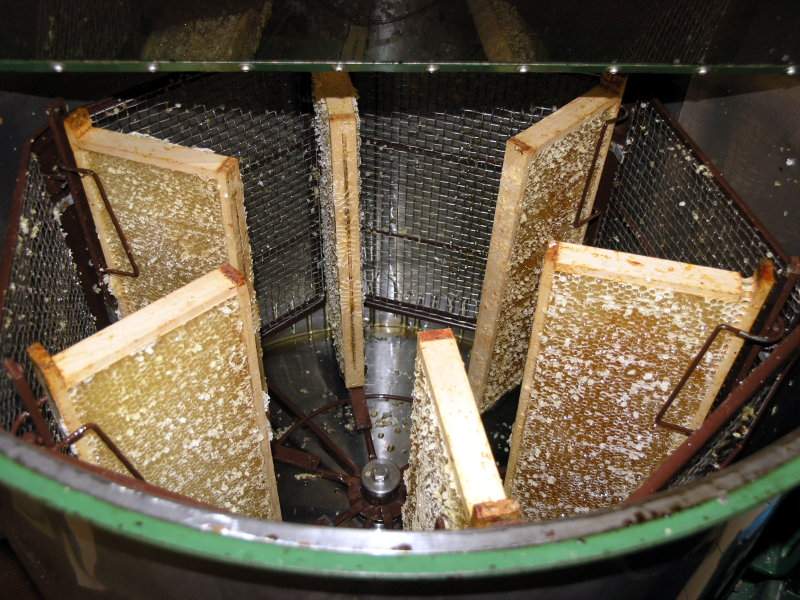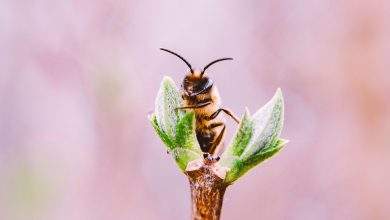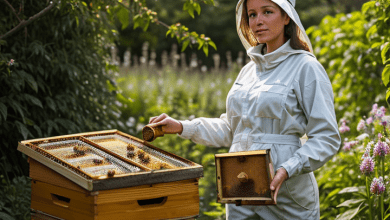Beekeeping Supplies Idaho
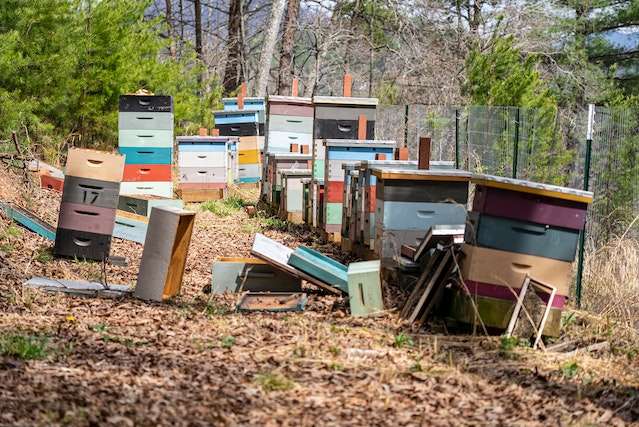
Are you interested in beekeeping in Idaho? If so, then you should ensure that you have the right beekeeping supplies! Beekeeping supplies are important for any beekeeper and are vital for the health of your bees. In this article, we will discuss the beekeeping supplies in Idaho, as well as things to consider when looking for beekeeping supplies.
No matter where you are looking for beekeeping supplies in Idaho, we’ve got you covered.
Beekeeping is an integral part of agriculture in Idaho, a state known for its vast agricultural landscapes and diverse honeybee population. In fact, Idaho ranks 9th in the United States in honey production, with an estimated 2.5 million pounds of honey produced annually.
There are approximately 2,400 registered beekeepers in Idaho. However, this number does not include the many backyard beekeepers who keep bees for personal use and do not register with the state.
Honey Bee Pollination
Some of the crops pollinated by honey bees in Idaho include: almonds, apples, berries, broccoli, cherries, cranberries, cucumbers, melons, onions, pumpkins, squash and more…
Beekeeper Supplies in Idaho
Typical beekeeper supplies needed in Idaho include:
Beekeeping Woodenware
The most popular bee hive in the US is the 10-frame Langstroth hive, originally patented in 1852. This hive, for over 170 years, has been the industry standard.
Hive components are the most important supplies you will need as a beekeeper. These components include hives, frames, and foundations. A beekeeper’s choice of hive can vary, but the most commonly used hive in Idaho is the Langstroth hive. Frames and foundations come in different sizes and are the essential elements of honeycomb production. Hive components should be constructed from materials that will withstand the weather and environment.
The hive components include:
- Hive body
- Bottom board
- Honey super
- Frames
- Inner cover
- Hive cover
Beekeeper Protective Clothing
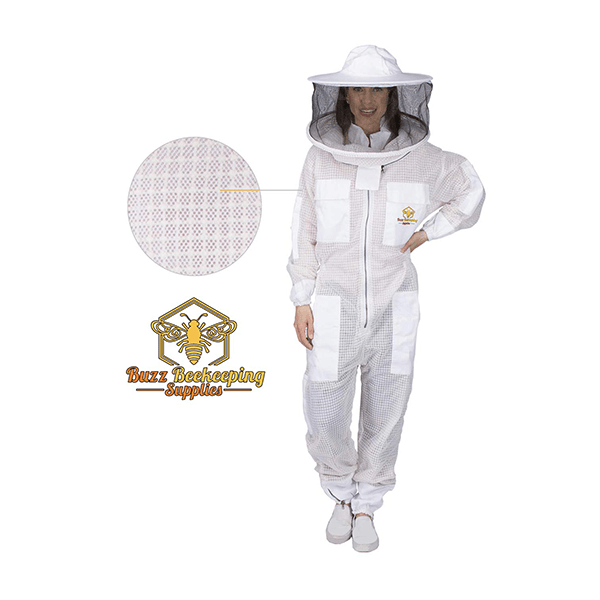
As a beekeeper, protective clothing is necessary to keep you safe from stings. Bee stings can cause allergic reactions, so investing in a quality beekeeper suit or jacket is critical. The clothing should be white or light grey in color and worn over regular clothing to protect the skin.
The most common protective gear for beekeepers include:
Beekeeping Suits
Both canvas beekeeping suits and ventilated bee suits are available.
Beekeeping Jackets
Canvas bee jackets and ventilated bee jackets are available.
Beekeeping Gloves
Goatskin bee gloves and cowhide bee gloves are available.
Many times, you can purchase a combo pack of a bee suit and bee gloves at a discount.
Please note: Your beekeeping suit or beekeeping jacket should come with a veil included.
Beekeeping Equipment and Tools
Here is a list of some common beekeeping tools:
- Hive tool
- Hive smoker
- Queen marker
- Bee Brush
- Hive feeder
- Entrance reducer
Extraction Equipment
Beekeeping includes extracting honey from the hive. Extracting equipment includes honey extractors, uncapping knives, and filters. Extracting the honey from the comb where it is stored is a delicate process that requires the right equipment to properly extract the honey.
The state association is the Idaho Honey Industry Association.
Where to buy bees and nucs in Idaho?
One of the best places to purchase queen bees, packaged bees and nucleus hives (nucs) is your local bee club.
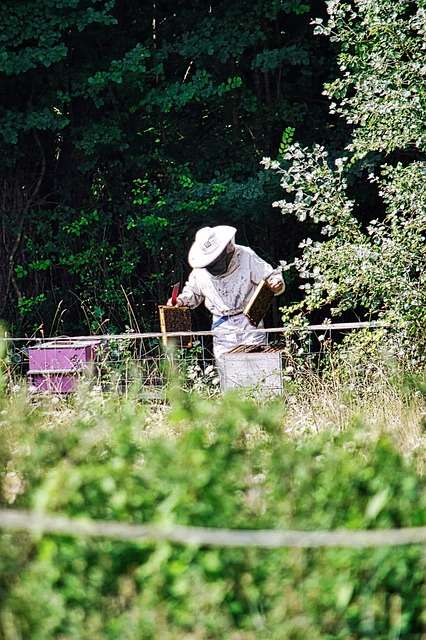
Here is a list of local bee clubs in Idaho:
- Treasure Valley Beekeepers Club: This club is based in Boise and welcomes both experienced and beginner beekeepers. They offer regular meetings, workshops, and social events throughout the year.
- Idaho Falls Beekeeping Association: This club is located in southeastern Idaho and is open to beekeepers of all skill levels. They offer monthly meetings, workshops, and a mentor program for those who are just starting out.
- North Idaho Beekeepers Association: This club is based in Coeur d’Alene and serves beekeepers in northern Idaho, eastern Washington, and western Montana. They offer monthly meetings, workshops, and a mentor program for new beekeepers.
- Magic Valley Beekeepers: This clubs meets every 3rd Tuesday of odd numbered months.
Joining a beekeeping club is a great way to learn more about beekeeping and connect with other beekeepers in your area. Consider joining a club today and experience the benefits for yourself!
Beekeeping in Idaho
The Idaho State Department of Agriculture regulates the apiary industry.
Idaho Beekeeping Laws
Registration Requirements
In Idaho, beekeepers are required to register their hives with the state’s Department of Agriculture. It is important to note that each colony must be registered separately, regardless of its location. The registration process is simple and can be completed online or by mail. The fee for registration is $10 per colony. Failure to register your hives can result in penalties and fines.
Location Restrictions
Idaho has no specific restrictions on where beekeeping can take place, but it is important to ensure that your hives are not a nuisance or a danger to others. Your bees must not come into contact with public areas or be located near residential areas or public parks. Additionally, hives must be placed in a location that is safe from predators and adverse weather conditions.
The beekeeping laws in Idaho can vary, depending on which city or county you reside or keep bees.
Honey Varieties in Idaho
There are four main types of honey produced in Idaho:
1. Clover honey
- Clover is one of the most commonly grown crops in Idaho, and honeybees love it. Clover honey is light in color and has a mild, sweet taste. It’s perfect for adding to tea or drizzling over your morning toast.
2. Alfalfa honey
- Alfalfa is another prevalent crop in Idaho and is known for producing a light, golden honey. This honey has a delicate, floral flavor and pairs well with cheese and crackers or as a sweetener in smoothies.
3. Sage honey
- Sagebrush covers much of the Idaho landscape, and its nectar gives honey a distinct aroma and taste. Sage honey is amber in color and has a robust, herbal taste. It’s a great addition to marinades, salad dressings, or as a glaze for roasted meats.
4. Wildflower honey
- Idaho is home to a variety of wildflowers, which means wildflower honey in the state can be quite diverse. This honey is typically darker in color and has a richer taste than other honey varieties. It pairs well with strong cheeses, dark chocolate, and even works as a natural cough syrup.
Selling Honey in Idaho
The process of selling honey can be tricky, so it’s important to know the regulations and requirements before diving in. Here are some important things to keep in mind when selling honey in Idaho:
Obtain a Food License
The first step to legally selling honey in Idaho is to obtain a food license. This license is required by the Idaho State Department of Agriculture and ensures that your honey meets all health and safety standards. You can apply for a food license online, and it typically takes 1-2 weeks to process.
Label Your Honey Properly
Once you have obtained your food license, it’s important to label your honey properly. Labels must include the name and address of the producer, the net weight of the honey, and the word “honey” in bold letters. It’s also a good idea to include any additional information, such as the type of flowers your bees pollinated.
Selling honey in Idaho can be a rewarding endeavor, but it’s important to do it legally and effectively.
Beekeeping is a fascinating and rewarding hobby that requires proper supplies to achieve success. It is important to research the bees’ needs, the environment, and their behavior when choosing beekeeping supplies. in Idaho, beekeeping suppliers offer a broad range of supplies needed for beekeeping. With the right supplies and equipment, beekeeping can be a fruitful and profitable pastime.
FAQ
Can you raise bees in Idaho?
- Yes, as long as you follow all applicable laws and regulations. Idahons have been keeping bees since the late 1800’s.
When should I start beekeeping in Idaho?
- Spring is the best time to start, but you can start researching and buying beekeeping supplies in the winter months. Then you will be prepared to purchase bees in early spring.
What should I look for in a beekeeping supplier?
- When you are looking for the best beekeeping supplies in Idaho, it is important to keep a few things in mind. First of all, you want to make sure that the beekeeping supplies you purchase are of the highest quality. It is also important to make sure that you are buying supplies from a reputable beekeeping supplier. Lastly, you should consider the price of the beekeeping supplies, as well as the return policy of the beekeeping supplier.
